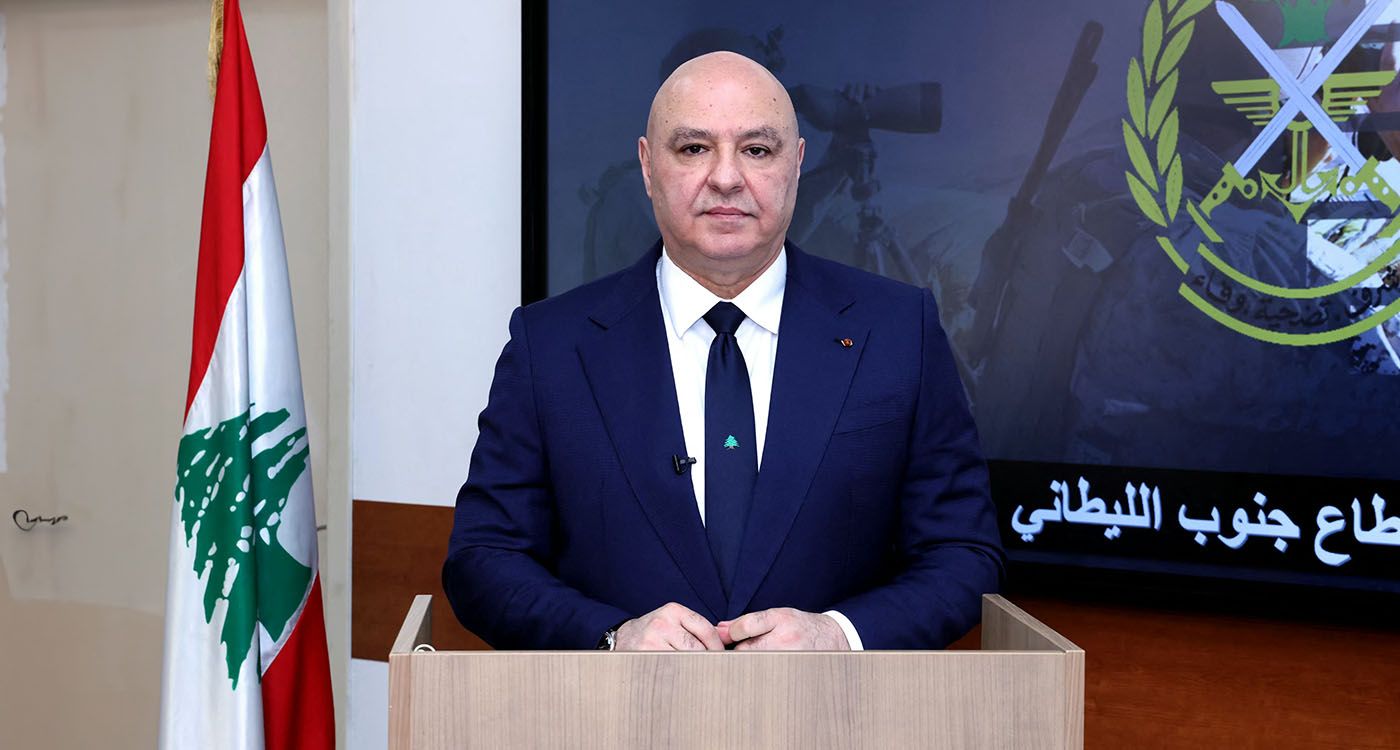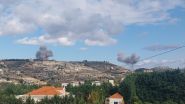
President Joseph Aoun is waiting for responses to his initiative, unveiled on the eve of Independence Day, fully aware that its outcome depends largely on two actors: Hezbollah and Israel.
According to sources, Hezbollah has no intention of providing a clear response to the Lebanese presidency. The Iran-backed group remains determined to retain its weapons and strengthen its military positions and refuses to discuss any restrictions on its arsenal across Lebanon. It is also awaiting instructions from Iran, which have not yet been issued and could depend on a potential resumption of talks between Tehran and the United States. If such negotiations take place, they are expected to be one-sided, with the United States having already drawn the red lines: no nuclear program, no ballistic missiles, and no Iran-affiliated armed militias in the region.
In this context, the Lebanese presidency acknowledges that those who have ignored the aspirations of the majority of Lebanese over the past year are unlikely to suddenly change their stance. Since the announcement of the cease-fire, some Lebanese officials believe that sustained Israeli military pressure, combined with financial measures by the Central Bank of Lebanon (BDL) to restrict Hezbollah’s funding sources, could compel the group to confine its weapons exclusively to the state. However, nothing concrete has yet confirmed this possibility.
Israel, for its part, appears to give little weight to President Aoun’s initiative. Tel Aviv continues its raids and targeted assassinations as if nothing were happening, a stance seemingly shared by the United States. According to Western sources, Lebanon is being pressured to accept direct negotiations without any political preconditions. The same sources indicate that Israel has already prepared a draft final agreement, presented as ensuring lasting stability, which the Lebanese government would only need to approve and sign.
Amid this tense backdrop, President Aoun’s initiative falters, already weakened by internal divisions after he placed Hezbollah and those calling for its disarmament on an equal footing, assigning both groups a share of responsibility for the country’s situation.
This stance surprised the forces opposed to Hezbollah, whose interests had otherwise aligned with the Lebanese government’s approach.
At this stage, however, obstruction and deadlock appear to be the only responses, whether from Israel or Hezbollah, the latter being, according to its critics, primarily responsible for the crises shaking Lebanon, the failure of the cease-fire, and the derailment of the presidential initiative.




Comments